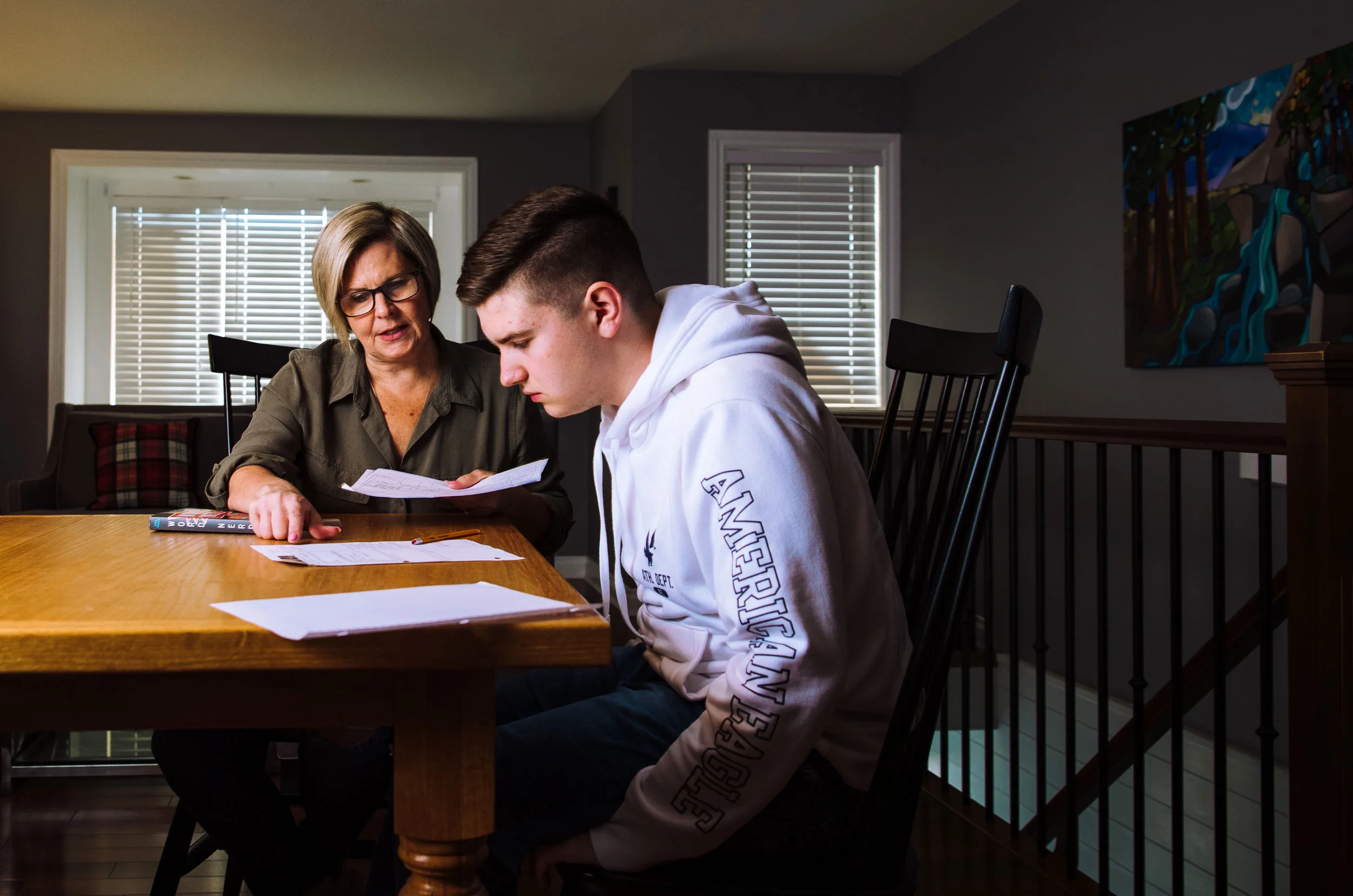Back in February we shared in our newsletter our reflections on the landscape of education in BC. We talked about our increased and serious concerns about the multiple barriers that students with disabilities and their families are facing. Even though we try to look at the hopeful spots, we clearly know that different actions are needed. The barriers to education and the openly discriminatory actions taken by multiple levels in the education system must be looked at. We believe there is systemic discrimination and significant human rights issues affecting BC children’s right to education.
Despite our diligent and dedicated efforts to work collaboratively with elected officials, bring awareness about the barriers through our campaigns, and develop resources to support parents and educators, we don’t see a positive path forward for the status of inclusive education. Generations of students are experiencing unsupported integration under the umbrella of “inclusive education,” and we are going backwards in our vision and hope for the future of children with disabilities. Without adequate support many children are facing school exclusion, are placed in segregated or congregated classrooms, or are dealing with a lack of support.
Our society has evolved to recognize both in research and legislation that all children learn better in inclusive classrooms and that they have the right to inclusive education. Canada ratified the UN Convention on the Rights of the Child (1991) and the UN Convention on the Rights of People with Disabilities (2010). Both instruments recognize the right of children with disabilities to have access to education without discrimination.
At the provincial level, the BC School Act and the Special Education Services, A Manual of Policies, Procedures and Guidelines recognize the right to equitable access to education. The governance structure of the education system in BC has a divided responsibility between the Ministry of Education and sixty school districts. This has created a scenario of diluted responsibility and limited accountability, allowing the legacy of institutional mindset to continue and perpetuate harm. Along with poverty of expectations and low-quality educational outcomes, these factors continue to leave the full inclusion of children with disabilities in their neighbourhood schools as optional.
In light of all this, Inclusion BC decided to approach BC’s Human Rights Commissioner. We believe a formal inquiry on the status of inclusive education across our province would provide a deeper understanding of the barriers and challenges that students are facing in BC’s education system, and we strongly believe the Commissioner’s office is the best positioned to do it with a sense of urgency. Once a deeper understanding is gained, recommendations from the Commissioner’s office could be the guiding path to bring all partners in alignment and fulfill the mandate of an inclusive education system from a human rights perspective.
Karla Verschoor, Executive Director, and Erika Cedillo, Director of Public Policy and Program met with BC’s Human Rights Commissioner, Kasari Govender in April of this year. We appreciate the openness of the Commissioner in hearing our concerns. We noticed the shared awareness of the human rights challenges about inclusive education and are encouraged by her reappointment. In their video on systemic discrimination, the Commissioner explained “If we don’t understand the scope or the depth of a problem, we won’t be able to solve it.”
It is time to join efforts across interests to be willing to gain a deeper understanding of the many ways in which the right to inclusive education is not being implemented in our province. We need a path forward to make it real for all students. This is for our young generations and the future of our province.


